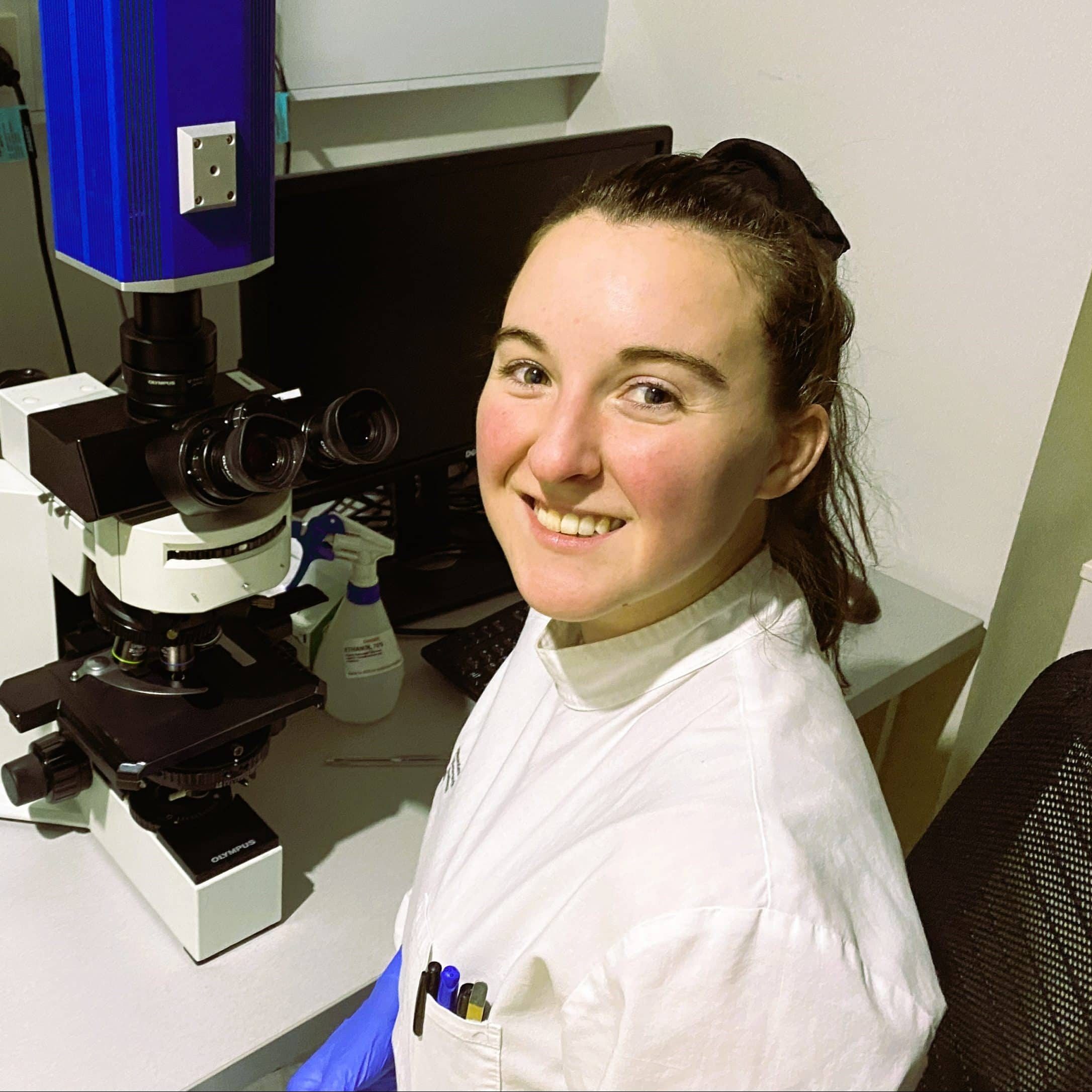Tell us about your current research project
In people with MS, the coating that insulates nerves is attacked by the immune system. This is made by oligodendrocytes and can be repaired by recruiting immature cells in the brain known as progenitor cells (OPCs) to make the new oligodendrocytes. However, in people with MS, OPCs stop being able to repair and we don’t understand why. It has recently been discovered that OPCs can sculpt brain connections, and OPCs do this by ‘eating’ the connection points between two nerve cells. This process is important in ensuring that the right nerves connect with each other at the right place. However, it is possible that OPCs that are ‘eating’ are unable to go back to making oligodendrocytes to replace. The goal of this project is to identify if OPCs that eat, can also produce new oligodendrocytes. We also aim to identify the signals that control this.
